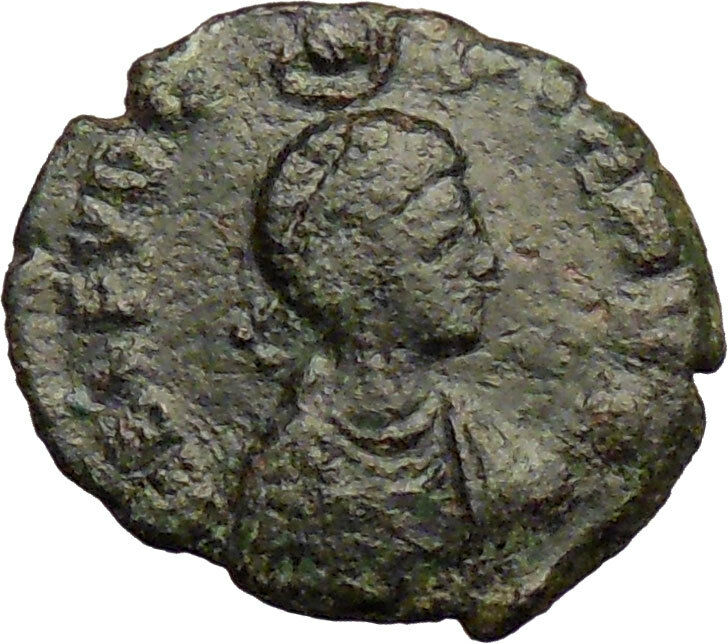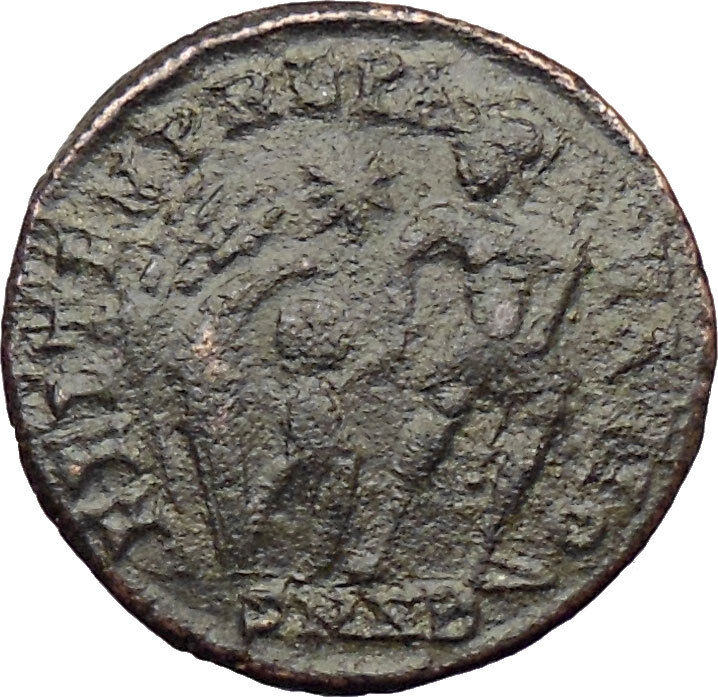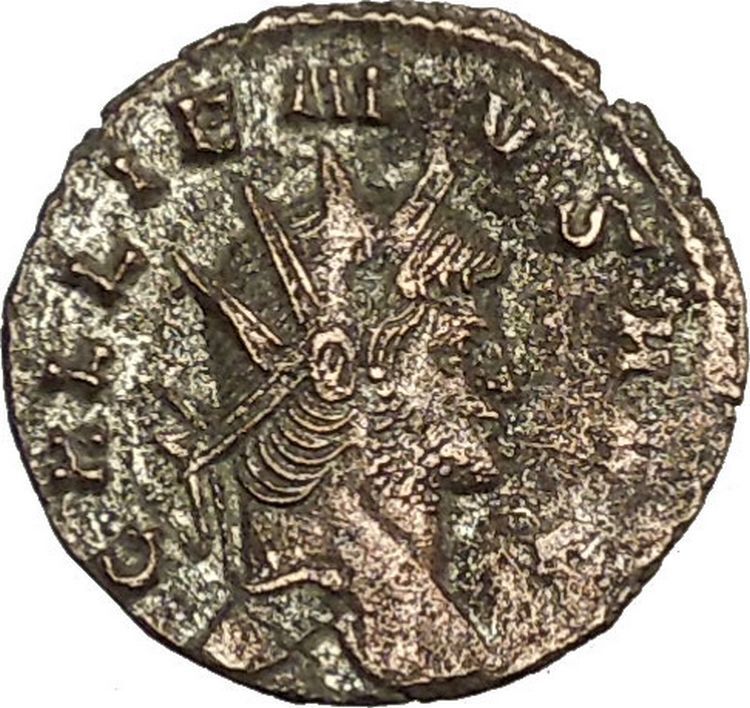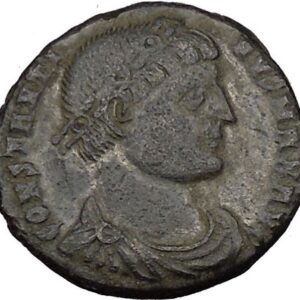|
Julia Mamaea – Augusta: 222-235 A.D.
Silver Denarius 20mm (3.19 grams) Rome mint, struck 232 A.D.
Reference: RIC IV 331 (Alexander); BMCRE 917-9 (Alexander); RSC 5
IVLIA MAMAEA AVG, diademed draped bust right.
FECVND AVGVSTAE, Fecunditas standing left with cornucopiae & reaching out to boy standing right.
You are bidding on the exact item pictured, provided with a Certificate of Authenticity and Lifetime Guarantee of Authenticity.
In Roman mythology, Fecunditas (Latin: “fecundity, fertility”) was the goddess of fertility. She was portrayed as a matron, sometimes holding a cornucopia or a hasta pura, with children in her arms or standing next to her. Nero dedicated a temple at Rome to Fecunditas, on occasion of his daughter’s birth in 63 AD.
Julia Mamaea – Augusta: 222-235 A.D.
| Mother of Severus Alexander | Daughter of Julia Maesa | Mother-in-law of Orbiana | Sister of Julia Soaemias | Nice of Julia Domna and Septimius Severus | Aunt of Elagabalus | Cousin of Caracalla and Geta |

Julia Avita Mamaea (14 or 29 August after 180-235) was the second daughter of Julia Maesa, a powerful Roman woman of Syrian Arab origin and Syrian noble Julius Avitus. She was a niece of empress Julia Domna and emperor Septimius Severus and sister of Julia Soaemias. She was born and raised in Emesa (modern Homs, Syria).
Julia’s first husband was a former consul (whose name is unknown) who died. Julia married as her second husband Syrian Promagistrate Marcus Julius Gessius Marcianus. Julia bore Marcianus two children, a daughter called Theoclia (little is known of her) and a son, Marcus Julius Gessius Bassianus Alexianus, later emperor Alexander Severus. Unlike her sister, Julia Mamaea was reported to be a virtuous woman, never involved in scandals.
As a member of the Imperial Roman family, she watched closely the death of her cousin Caracalla and the ascent to power of her nephew Elagabalus, the oldest grandson of Julia Maesa and her choice to the throne. Eventually Elagabalus and his mother Julia Soaemias proved incompetent rulers and favour fell on Alexander, Julia’s son. He became emperor in 222, following Elagabalus’ murder by the Praetorian Guard. Julia and her mother became regents in the name of Alexander, then 14 years old. Upon adulthood, Alexander confirmed his esteem for his mother and named her consors imperii (imperial consort). It was in this condition that she accompanied her son in his campaigns: a custom started with Julia Domna. Thus she travelled to the East, for the campaign against Parthia and to the Germania provinces. Julia Mamaea was with Alexander in Moguntiacum (modern Mainz), capital of Germania Superior, when he was assassinated by his troops. She suffered the same fate.
|











